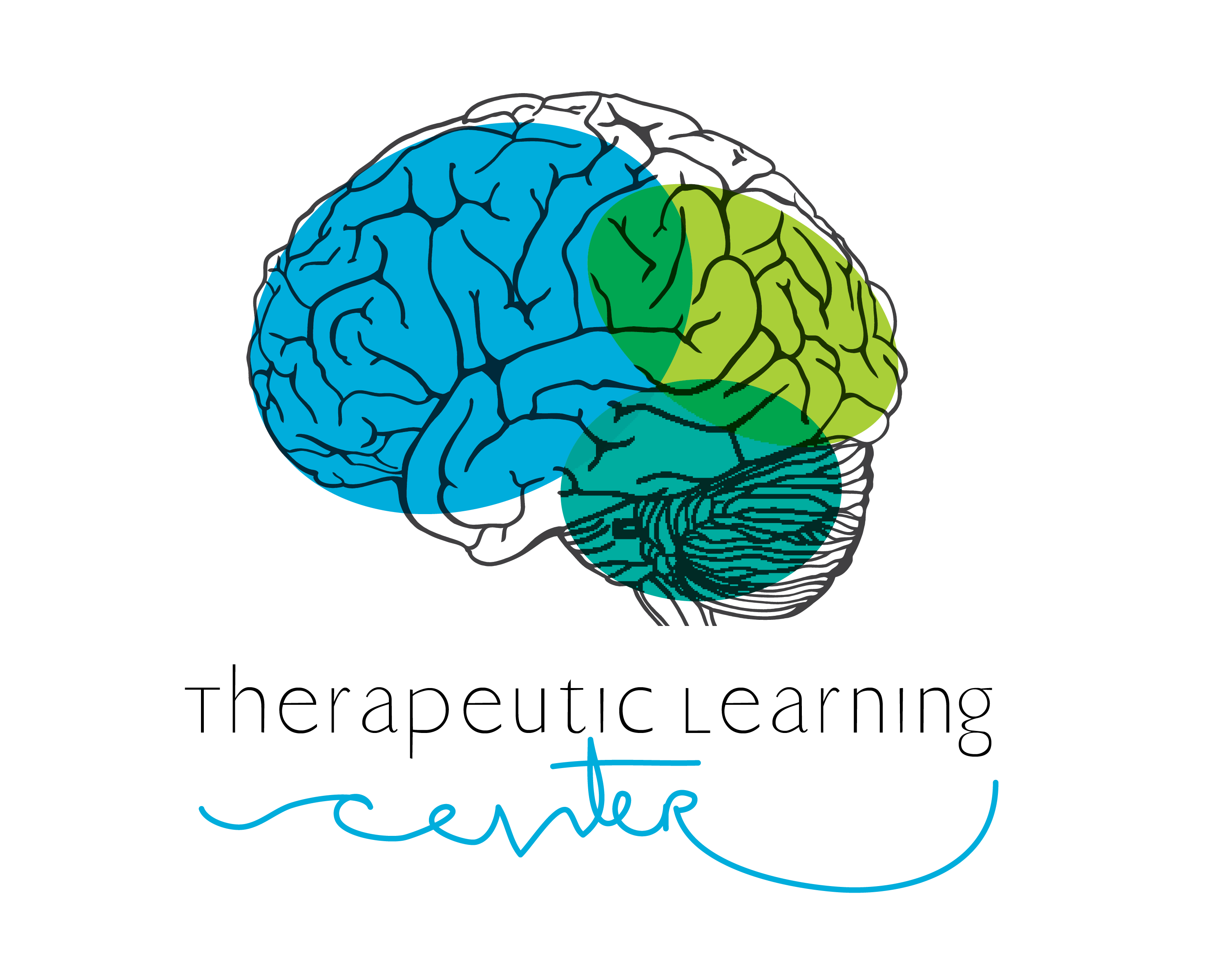When your child is struggling to read….
Teaching a child to read requires deep knowledge in cognitive processing. It requires informed observation of every error a student makes. Thanks to neuroscience, we know a lot more about the brain and learning processes involved in reading and writing than we ever have known before. Neuroscience has given us a view into the brain during reading and phonological tasks. This brain research is beginning to provide us information about why some students struggle more than others in learning to read and write.
Yet, education hasn’t yet partnered with neuroscience and cognitive psychology to best inform how we instruct students in learning to read. For now, it is up to the most inquisitive educator to continue to ask questions about every error their students make while they are learning to read.
Part of the problem is that most educators received their training before the new insights were available. Additionally, time and resource constraints prevent schools from applying the insights offered through recent research. Even if schools were able to find opportunity to support teachers in developing the deep knowledge necessary for this level of observation and study, class sizes don’t allow even the most informed teachers to take the time with each individual student necessary for this work. The system of schooling just isn’t prepared to meet the needs of all students.
School curriculum indeed works for 80% of the student population. Another 3-5% qualify for additional services in special education. So what about the 15% of students who are still struggling? Those students have difficulty getting their needs met in the traditional school model. Even the best teacher has difficulty in knowing what to do and when to help that 15% of students.
How can these students get what they need to succeed?
We can talk about the school year in the coming months. Right now, most families are looking into summer options. As you look at summer school, a summer tutor or summer reading programs for your child, consider these questions: [checklist]
- Does your child need to maintain skills they already have?
– If so, traditional summer programs or tutoring may be appropriate. - Does your child need to “catch up“ and achieve grade level expectations?
– If so, a more intensive and research based approach is what they need.
[/checklist]
Stay tuned. In the next few weeks we will discuss how the brain research helps us give students what they need to be successful in the essential skills in:
-
Reading: decoding, fluency and comprehension with critical thinking
-
Writing: spelling, fluency and organization and expression of ideas.



